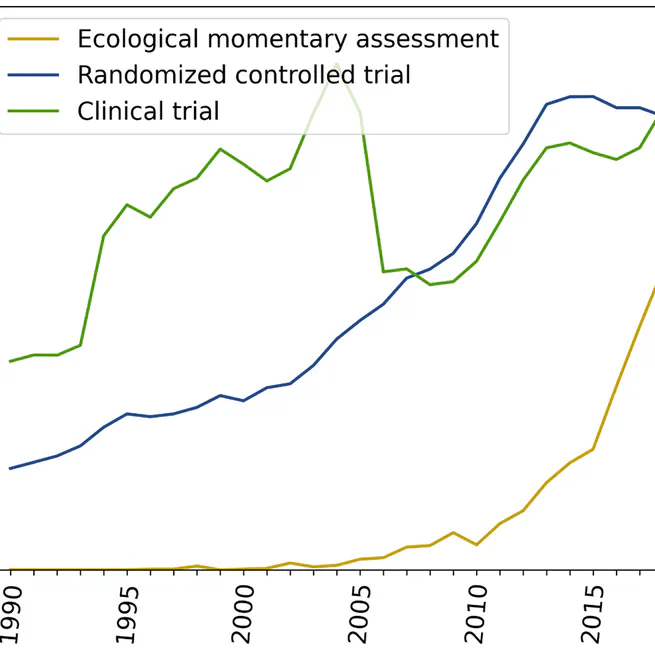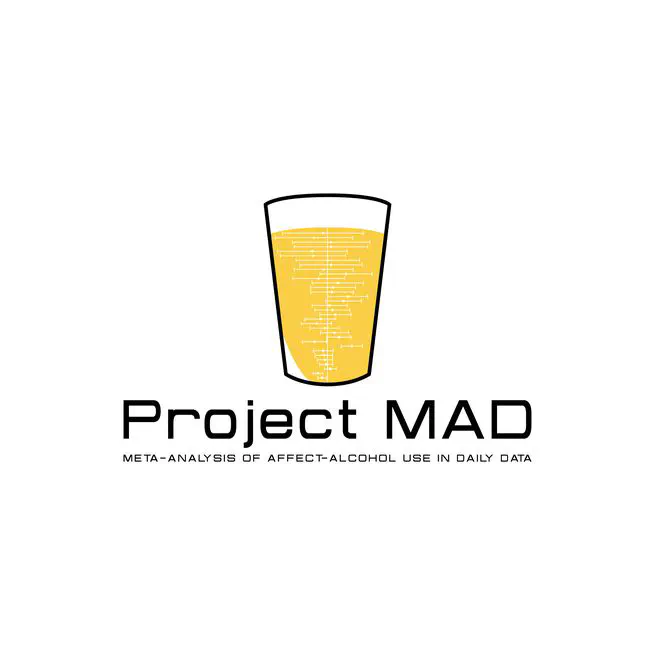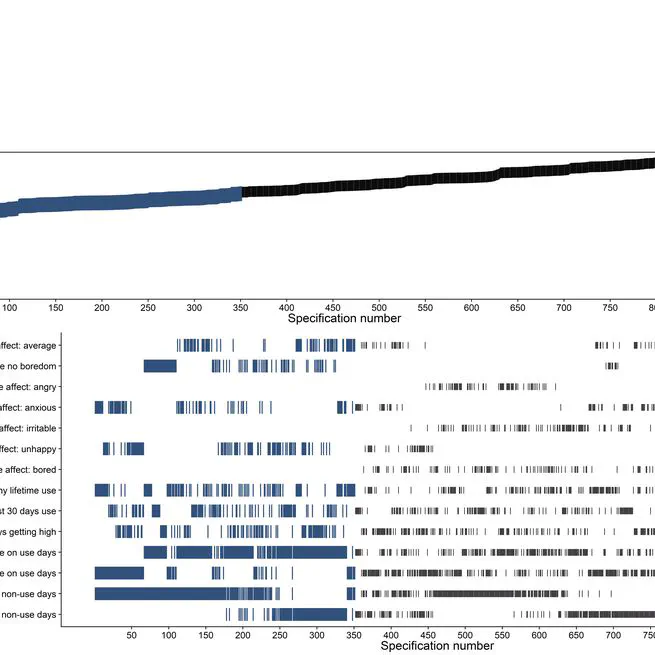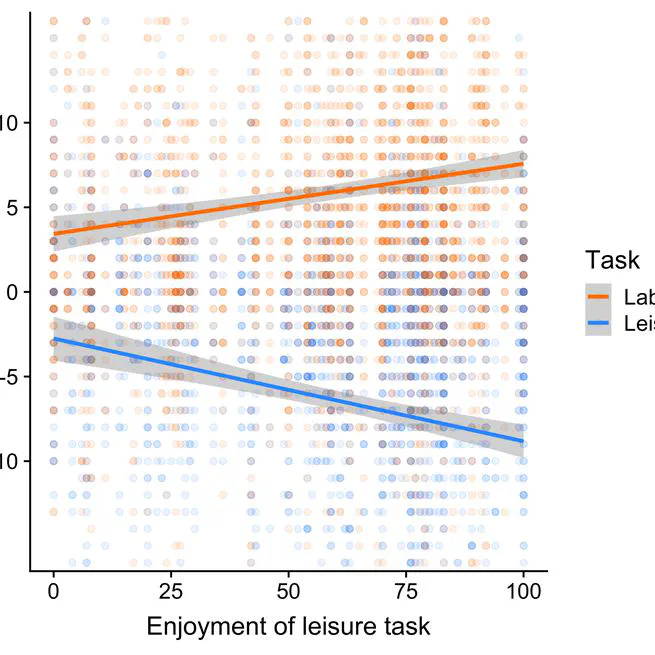We show via Bayesian cross-classified models that young adults judge alcohol consequences to be more positively valenced the more often they experience them.
Oct 1, 2024
Experiences of loneliness predict depressive symptoms prospectively for about 5 hours in daily life, but this association is not moderated by frequency and quality of social interaction.
Sep 1, 2024
In this 2-week-long experiment, we found conflicting evidence whether negative mood affects the subjective value of alcohol.
Jun 1, 2024
This EMA study suggests that people are more impulsive in moments high in negative emotions, but this association is not moderated by global reports of negative urgency.
May 1, 2024

In this tutorial, we introduce the reader to analyzing ecological momentary assessment (EMA) data as applied in psychological sciences with the use of Bayesian (generalized) linear mixed-effects models.
Mar 1, 2024
In this experiment, participatings who regularly consume alcohol valued food less but did not value alcohol more following a negative mood manipulation.
Oct 1, 2023

This study meta-analyzed individual participant data from 12,394 individuals across 69 studies in which participants reported their emotional state and alcohol use for multiple days. Contrary to theoretical models of alcohol use, the findings indicated that people are not more likely to drink and do not consume more alcohol on days that they report higher negative affect but are more likely to drink on days that they report higher positive affect.
Jul 1, 2023

We show via Specification Curve Analysis across hundreds of models that there is little evidence for affect regulation of cannabis in regularly using young adults.
May 1, 2023
In this chapter, we argue why addiction science can benefit from more transparency and collaboration.
Jan 1, 2023

Across four preregistered experiments, we find cautious evidence for the opportunity cost model of mental fatigue.
Dec 1, 2022